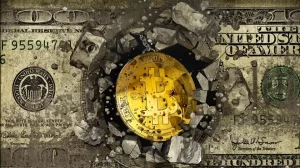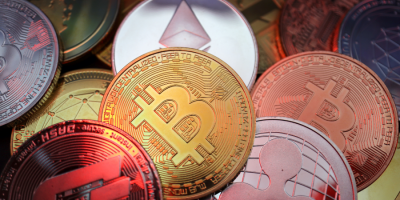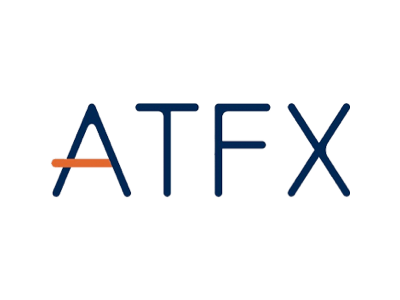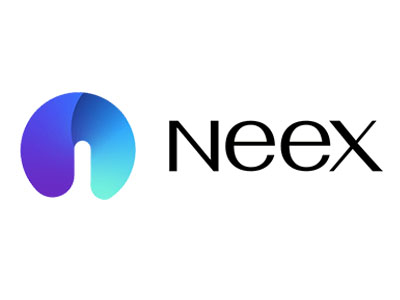In March 2025, President Donald Trump signed Executive Order 14233, officially making Bitcoin a US national reserve asset, alongside gold and other strategic reserves. This move not only marks a historic policy milestone but could also change the way Americans manage their money, from retirement savings to personal investment portfolios.
This is the first time the US government has publicly labeled Bitcoin as a strategic asset, with a value similar to “digital gold.” This message immediately gives legitimacy to Bitcoin – which has long been considered a speculative asset.
As of August 2025, the US holds nearly 200,000 Bitcoins, worth about $ 24 billion , making it one of the countries with the most Bitcoin in the world. Washington’s entry into the cryptocurrency market has made institutional investors and businesses consider Bitcoin a legitimate investment channel, instead of just a risky gamble.

How does this affect American people and investors?
Official recognition could pave the way for more U.S. companies to accept or hold Bitcoin on their balance sheets, leading to traditional financial products—from 401(k)s to IRAs—to include Bitcoin. Individual investors would also have more legal grounding, reducing concerns about regulatory risk.
However, this move also reveals the US government’s concerns about the long-term strength of the USD. In the first half of 2025, the USD Index (DXY) recorded its worst decline in more than 50 years, while the USD’s share of global foreign exchange reserves fell to 58%, compared to 71% in 2000. Washington’s diversification into Bitcoin shows that absolute confidence in the USD is no longer as strong as before.
According to analysts, Bitcoin’s natural scarcity – there are only 21 million coins – combined with the US government’s backing, could push demand and value up sharply as more companies and investment funds join.
But the risks are still high. Bitcoin is notoriously volatile, having fallen 70–80% from its peak in previous cycles. Even with the optimistic outlook, corrections of 30–50% are still expected. Therefore, experts recommend that investors only allocate 1–5% of their portfolio to cryptocurrencies, avoiding putting all their assets into this channel.
Is Bitcoin Really a “Hedge Against Inflation”?
Supporters say the limited supply prevents Bitcoin from losing value like fiat currencies, which can be printed indefinitely. Washington’s move is seen as an acknowledgement of the risk of inflation that threatens the purchasing power of the dollar.
However, history shows that Bitcoin has not always acted as a store of value. During recent inflationary periods, Bitcoin has often fluctuated with stocks , instead of remaining stable like gold. Therefore, to hedge against inflation, experts recommend combining Bitcoin with other assets such as gold, real estate, inflation-protected bonds (TIPS) or commodities.
Many economists are skeptical of the US government’s move to include Bitcoin in its reserves, seeing it as a speculative move rather than a sustainable fiscal policy. Cybersecurity risks are also significant, as the concentration of tens of billions of dollars in digital assets could become a target for attack.
Additionally, Bitcoin reserve policies could change if the administration later reverses its decision, creating major market volatility. If the US is forced to sell large amounts of Bitcoin to deal with the crisis, the cryptocurrency market could be completely shaken because its size is still small compared to the traditional financial market.

















Leave a Reply